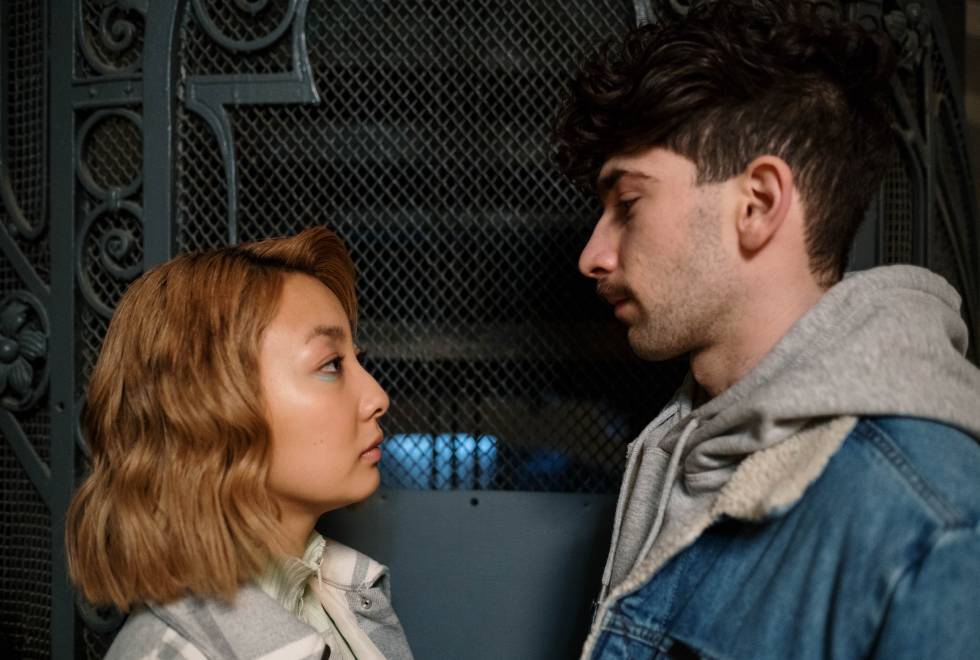
Although psychologists have started talking about abuse relatively recently, this phenomenon is as old as humankind.
Humiliation. Insults. Blaming. Threats. Gaslighting. Violence. You can observe all this if a relationship is based on aggression. At the same time, abuse is not at all random: it has a fairly clear structure, which in one way or another is repeated in every case. If you doubt whether you are in an abusive relationship – check if this pattern is familiar to you.
1. Tension.
It all starts with increasing tension. The aggressor becomes irritable and critical as if they are looking for an excuse for an outburst. Depending on their personality type, they can ignore their partner, “hit” them with hurtful remarks, act resentful, or blame the partner for something.
This stage of planning can be either conscious for the abuser or unconscious – when a person reproduces a certain scenario learned a long time ago.
Max became gloomy and did not speak much for a couple of days. Aubrey was worried. On Sunday, at the dinner table, he suddenly exploded: “Of course, you don’t care that I’m already sick of these casseroles of yours! Just like yesterday – you on purpose put on that dress so that all the men at work would drool over you! “
2. Violent incident.
Tension cannot build up forever and, sooner or later, an aggressive outbreak occurs. The abuser can no longer restrain themselves and allows the anger to burst out. The specifics of the outburst depend on many factors. Some provoke a fight by humiliating and devaluating their partner. And some do not stop there and resort to physical violence. They may drag their victim by the hair, slap them in the face, rape, kick, etc. At the same time, they always imply or say out loud that it is the victim who is to blame for all this.
“Stupid bitch! You just can live a normal life! ” – Max growled, grabbing his wife by the hair. “You are always provoking me, forcing me to resort to such measures! I will teach you how to behave since you don’t understand words! “
3. Reconciliation.
This is an inevitable stage. The abuser asks for forgiveness and explains the reason for the cruelty, which is often external to them. It is simply because they were provoked (stressed, worried, too upset, had troubles at work). They shift the blame onto the victim and can deny what happened (“that’s not what happened”) or convince the victim that she is exaggerating the events (“I was just trying to stop you from leaving, and you fell and hit your head on the cabinet”).
Self-therapy can be an essential tool for personal growth and self-improvement.
Browse through our courses and see the positive changes they can bring to your life.
You are not sure where to begin?
And the rest is like in the movies:
Max, who just yesterday was violent with Aubrey, shows up in the morning with a guilty expression on his face and a charming smile with a bouquet of her favorite lilies and a jewelry box: “Honey, I got carried away yesterday. You are the best – only you understand me! Let’s start all over again! My life has no meaning without you … “
4. “Honeymoon”
When the victim forgives the tyrant hoping that now everything will be different, the quality of the relationship between them is good again. Indeed, it may seem that everything is working out, and now everything will be fine. After being violent, the abuser can turn into a caring, loyal, charming, and wonderful person they seemed to be at the beginning of the relationship. All of this is designed to maintain a resemblance of a “normal” relationship to keep the victim from leaving.
Aubrey melted when Max so sincerely asked for forgiveness … She, indeed, must have behaved somehow wrongly and provoked him… And it seems that he realized that he was wrong and is sorry. And they have a family, after all…
However, then the cycle repeats. Again and again. Over time, the phases shorten, and outbursts of violence become more frequent and intense.
Aubrey went through this cycle 8 times in a year and a half. And she only left Max on the ninth time – when she realized that this scenario will be repeating forever. If he doesn’t seriously hurt her in the end…
If this cycle is familiar to you, we are very sorry. Maybe it’s time to rethink your situation? Information is power.
Our course “Codependency” helps to realize and begin to overcome the problem of codependency – it is ALWAYS present in such stories. And you get a chance for a different, harmonious life full of love and without any unhealthy dependency.
Help us grow on Instagram 👇